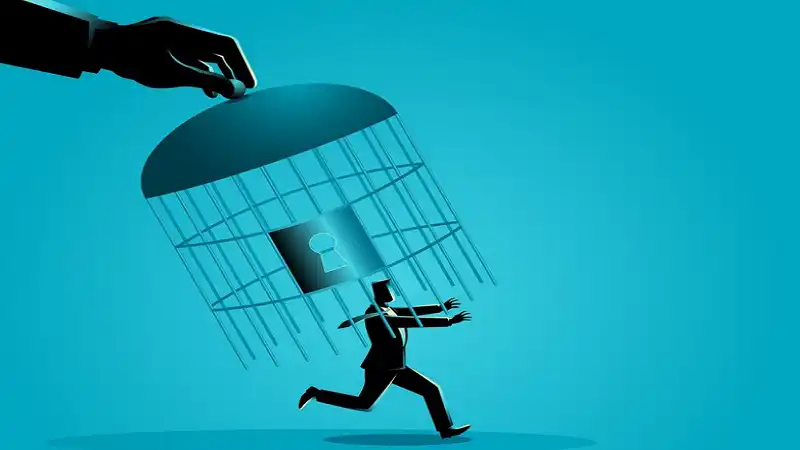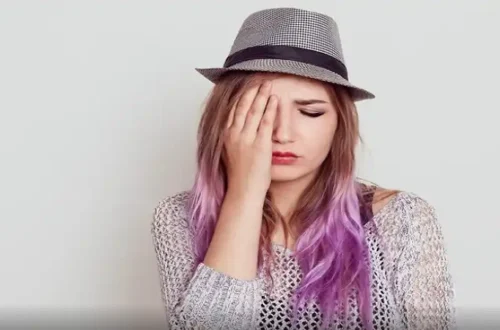In today’s fast-paced digital world, rumors and controversies spread quickly through social media, blogs, and online forums. One of the latest topics causing a stir online is “Jiniphee leaked.” The phrase has been circulating, drawing curiosity and concern among individuals. But what exactly does it mean, and why is it important to understand the situation surrounding this term? This article provides a clear and engaging breakdown of the “Jiniphee leaked” topic, focusing on practical steps for individuals seeking clarity and safety when faced with such online events.
What is “Jiniphee Leaked”?
Before diving into practical steps, let’s first explore what “Jiniphee leaked” refers to. As of now, the term appears to refer to private or personal content associated with an individual or group known by the name “Jiniphee.” The leaked content may include images, videos, or private communications that were shared without consent.
Leaks like these can involve a variety of media, including videos, photos, or even personal messages that individuals might not have intended to share publicly. The concept of “leaks” is widespread in the digital age, often resulting from security breaches, hacking, or unauthorized distribution by malicious actors.
The case of “Jiniphee leaked” may involve sensitive content that has been exposed to the public in a way that compromises privacy, reputation, or security. However, because of the nature of online rumors, it’s important to separate fact from fiction and approach the situation with caution.
Why Leaks Happen
To understand the broader implications of any leaked content, it’s crucial to look at why these events occur. Leaks can happen due to several factors:
- Hacking: Cybercriminals might breach private databases, social media accounts, or email accounts to steal and distribute sensitive data.
- Insecurity of Digital Platforms: With the rise of cloud storage, social media, and digital communication, vulnerabilities in platforms can result in leaks.
- Malicious Intent: Sometimes individuals with access to private content might share it without consent to harm someone’s reputation or for other malicious reasons.
- Human Error: In certain cases, leaks are accidental. A file might be uploaded publicly without the person’s knowledge or intention.
Understanding why leaks happen can help individuals take proactive steps to protect themselves online.
The Impact of Leaks
Whether it’s an individual or a public figure, leaks can have a significant impact. Here are some potential consequences:
- Privacy Invasion: Leaked content can expose deeply personal information, causing distress and harm to the individual involved.
- Damage to Reputation: For public figures or businesses, a leak can tarnish their public image, leading to negative perceptions.
- Emotional and Mental Stress: The person affected may experience mental health issues like anxiety or depression as a result of the violation.
- Legal Ramifications: Leaking personal content can violate privacy laws and intellectual property rights, leading to legal consequences for the responsible parties.
How to Handle a “Jiniphee Leaked” Situation: Practical Steps
If you find yourself involved in or affected by a situation like “Jiniphee leaked,” it’s crucial to know how to handle the situation. Below are practical steps you can take to mitigate the effects and protect your online privacy:
1. Verify the Information
Before jumping to conclusions, it’s vital to verify the authenticity of the leak. Social media and online platforms are rife with misinformation and rumors. Here are steps to verify:
- Check Reliable Sources: Look for trusted news outlets or credible websites that are covering the situation. Be cautious of unofficial sources or clickbait headlines.
- Search for Official Statements: If the leaked content involves a public figure, check for any official responses or statements from the person or their representatives.
2. Protect Your Personal Information
If you feel your personal information is at risk, it’s important to take immediate steps to safeguard your data:
- Change Passwords: Update passwords for all your accounts, especially those where sensitive data is stored. Use a strong, unique password for each platform.
- Enable Two-Factor Authentication (2FA): This adds an extra layer of security to your accounts, reducing the likelihood of unauthorized access.
- Monitor Your Accounts: Regularly check your email, social media, and financial accounts for any unusual activity.
3. Seek Legal Help
In many cases, leaked content can constitute a violation of privacy rights. If you are affected by a leak, seeking legal counsel may be necessary. An attorney specializing in cyber law or privacy law can help you:
- Determine Legal Recourse: If the leak violates your rights, your lawyer can help you understand your options, including sending cease and desist orders or filing lawsuits.
- Understand Your Rights: Different countries have different laws regarding digital privacy and content leaks. A legal expert can guide you through the process based on your jurisdiction.
4. Reach Out to the Platform
If the leaked content has been shared on a platform like Twitter, Reddit, or Instagram, take the following actions:
- Report the Leak: Most platforms have tools for reporting inappropriate content. Flag the leak as a violation of privacy and request that it be taken down.
- Request Removal: If you own the content and it was shared without your permission, you can often request its removal through the platform’s DMCA (Digital Millennium Copyright Act) process.
5. Address the Situation Publicly (if Necessary)
In some cases, especially when dealing with a public figure, it might be necessary to make a public statement. If you’re a public figure whose content has been leaked, consider:
- Prepare a Clear, Honest Statement: Address the issue directly and calmly, explaining the situation and how you’re addressing it.
- Focus on Solutions: It’s important to emphasize any steps you’re taking to prevent future leaks and protect your privacy.
- Avoid Engaging in Public Drama: Reacting emotionally or engaging in public drama could escalate the situation. Stay composed and focus on resolving the issue.
6. Mental Health Considerations
Being the victim of a content leak can take an emotional toll. It’s essential to take care of your mental health during such times:
- Seek Support: Talk to trusted friends, family members, or a therapist to process your emotions.
- Practice Self-Care: Engage in activities that help reduce stress, such as exercising, meditating, or taking breaks from the online world.
- Consider Privacy Tools: Use tools like privacy browsers or VPNs (Virtual Private Networks) to enhance your digital security and regain a sense of control.
Preventing Future Leaks: Long-Term Protection Tips
While you can’t always prevent leaks from happening, there are steps you can take to reduce the chances of it occurring in the future:
- Encrypt Sensitive Content: Use encryption tools to protect sensitive files and communications.
- Be Mindful of What You Share Online: Carefully consider what you share on social media and other platforms. Avoid oversharing personal information.
- Keep Software Updated: Regularly update your devices, software, and apps to close security vulnerabilities.
Conclusion
The term “Jiniphee leaked” may cause concern for some, but it serves as a reminder of the potential risks involved in sharing personal information online. Understanding the practical steps to handle such situations—whether it’s verifying the content, protecting your data, or taking legal action—can help individuals navigate the complex world of digital privacy. Ultimately, by being proactive and mindful about online security, you can safeguard your personal information and mitigate the impact of potential leaks.
Remember, in the digital age, privacy is precious, and taking measures to protect it is essential for your safety and well-being.





